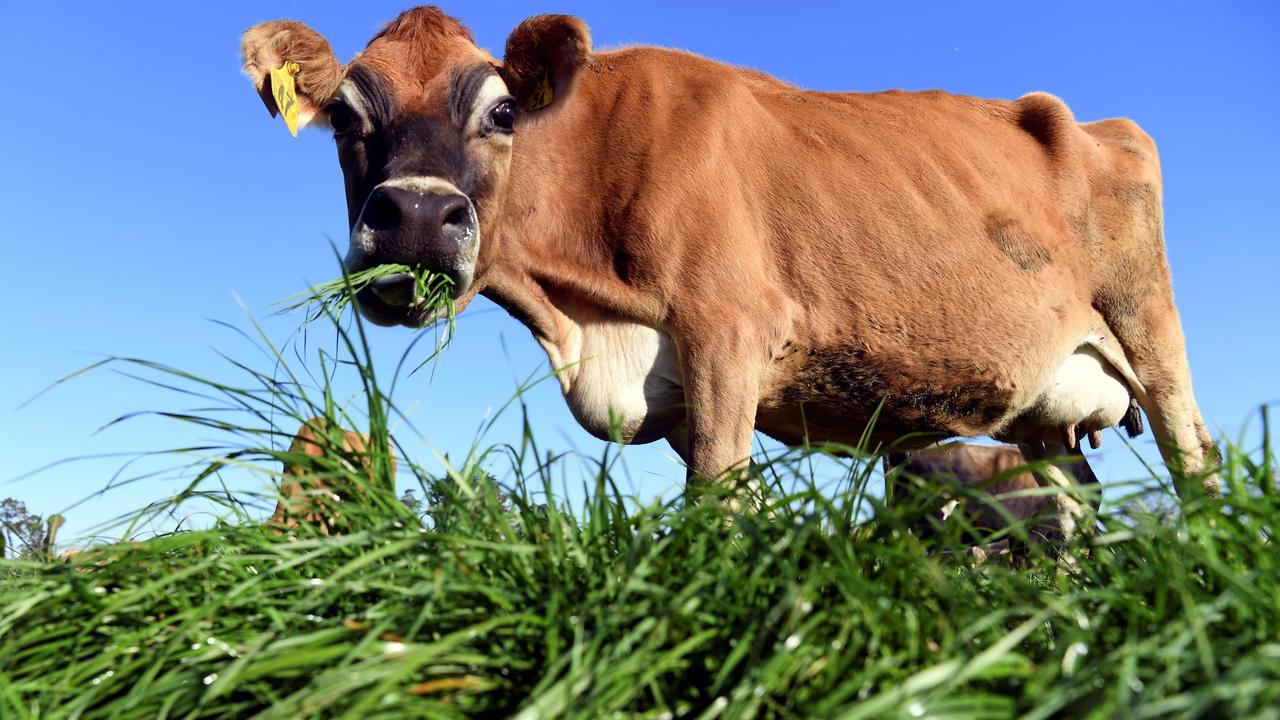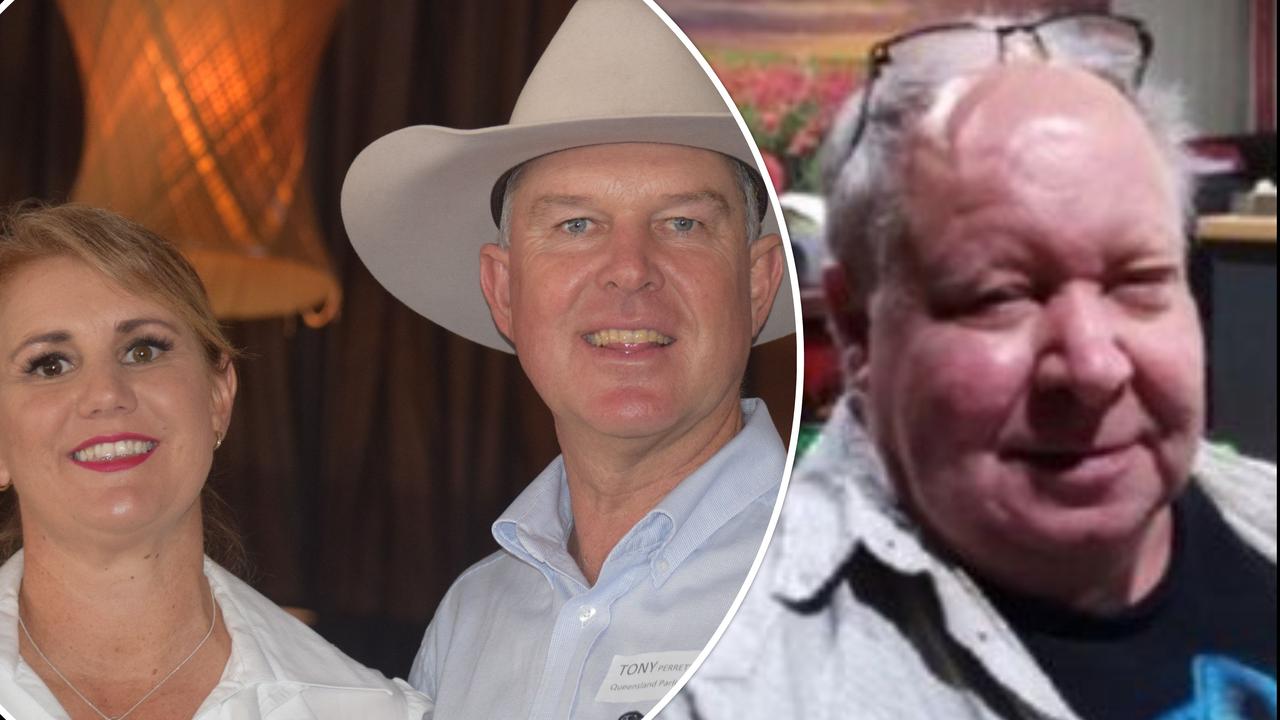Livestock lobby groups turn their backs on farmers
AUSTRALIA’S largest livestock lobby groups are refusing to adopt reforms that would deliver greater competition and transparency to farmers.

AUSTRALIA’S largest livestock lobby groups are refusing to adopt reforms that would deliver greater competition and transparency to farmers.
The country’s competition watchdog has declared that refusal may be due to the nation’s peak beef and dairy lobby groups being seriously conflicted by receiving funding from farmers as well as processors.
The Australian Competition and Consumer Commission has accused the Cattle Council of Australia and Australian Dairy Farmers of either not understanding the need for reform, or not wanting to change on the grounds it doesn’t suit them.
Three years after red meat processors boycotted the Barnawartha saleyards’ bid to introduce pre-sale weighing, and more than two years after dairy farmers were crippled by a disastrous milk price clawback, the leaders of both industries have been accused of doing nothing to address the problems.
State farmer groups say they are getting nowhere in their calls for CCA and ADF to implement reforms recommended by the ACCC.
“We implore the national (beef) industry bodies to get on board and implement the ACCC recommendations or the regulatory axe will come down,” Victorian Farmers Federation livestock group president Leonard Vallance said.
ACCC deputy chairman Mick Keogh has expressed concern about the beef industry’s leadership, and believes there are “significant issues with funding sources of ADF”.
In a report on beef market reforms that is highly critical, Mr Keogh said: “Inaction suggests that either industry participants do not understand the value of transparency, or it does not suit the interests of those who are in a position to make improvements.”
ADF leaders have repeatedly stated they oppose a mandatory code that would ban unfair clauses in processor agreements with dairy farmers.
The ADF receives about $1 million in funding from processors each year, more than double the funding it receives from farmers.
“The questions raised with us by dairy farmers was the extent that those funding arrangements coloured their (ADF’s) view of a mandatory code,” Mr Keogh said.
ADF’s opposition to a mandatory code sits at odds with nearly every state dairying body.
The Queensland Dairyfarmers’ Organisation, NSW Farmers Association, Dairy Connect, South Australia Dairyfarmers’ Association, Tasmanian Farmers and Graziers and WA Farmers have all stated they support a mandatory code.

Mr Keogh said the ACCC had observed a similar situation with the cattle and beef industry’s reluctance to progress reforms to boost the integrity and transparency of red-meat markets for farmers.
In March last year the ACCC made 15 recommendations to overcome weak competition in saleyards, conflicts of interest with agents representing both buyers and sellers, a lack of reporting on the 90 per cent of cattle sent to abattoirs for slaughter and distrust in the grading system.
Mr Keogh said the recommendations were made to help overcome the lack of market transparency that left farmers at a distinct disadvantage when faced with negotiating and understanding prices.
The ACCC asked the Red Meat Advisory Council, which includes Cattle Council and Australian Meat Industry Council representing processors, to oversee the implementation of the reforms.
But after a year of inaction from RMAC, Mr Keogh announced last Friday the ACCC had moved away from the advisory council and would instead engage with state and commonwealth governments to push for implementation of the recommendations.
RMAC’s 2017 annual report shows Cattle Council and the processors feed from the same funding trough.
RMAC controls the $43.2 million Red Meat Industry Fund, which last year generated $2.8 million, of which $537,683 went to funding the Cattle Council of Australia and $781,456 to the Australian Meat Industry Council.
“Given the RMAC’s reluctance to engage with the recommendations during the past 12 months, we no longer believe it should have this leadership role,” Mr Keogh said.
“We will instead engage with commonwealth and state governments through the Agriculture Ministers’ Forum to push for implementation of the recommendations.”
RMAC chair Don McKay said Mr Keogh and his ACCC team had “made mistake(s) in many areas of the report and now they are lashing out at us for not delivering”.
“They sort information from a narrow group of people and then Mick Keogh and staff decided what they thought were the right thing without talking to industry… and now they are trying to force them down our neck.”
Reform in the dairy industry has been just as slow, with ADF backing a voluntary code of conduct mid-last year that dairy farmers said was already being breached by processors.
NSW Dairy Connect president Graham Forbes said the voluntary code was weak and farmers were being ignored.
“Even those (processors) who signed up to it aren’t abiding by it,” Mr Forbes said.
Supply agreements are already in place that breach the voluntary code, including loyalty payments on this season’s milk price that can only be realised next season, exclusion clauses and agreements that lack detail on future pricing.
WA Farmers and NSW Farmers told the ACCC more action was required in moving to a mandatory code.
Even federal Agriculture Minister David Littleproud said he was “glad farmers’ concerns had been shown to be justified and will go through the ACCC’s report carefully”.
The only state farmer group to oppose a mandatory code is Victoria, with the United Dairyfarmers of Victoria voting last Friday against a resolution to strengthen the voluntary code. ADF president Terry Richardson urged farmers to give the voluntary code a chance.
Last week, the Australian Dairy Products Federation issued a media release opposing a mandatory code. The media release was distributed by Australian Dairy Farmers media.
ADPF represents Bega, Saputo (Warrnambool Cheese and Butter and Murray Goulburn), Fonterra, NORCO, Parmalat, ACM, Burra, Lion and other processors, who pay $120 on each million litres of milk they process to Australian Dairy Farmers.
ADPF president Grant Crothers stated in the Australian Dairy Farmers release: “We note the recommendation of the ACCC for a mandatory Code, however we urge against imposing additional regulation on the dairy industry before a proper assessment of the current Code of Conduct has been conducted”.


